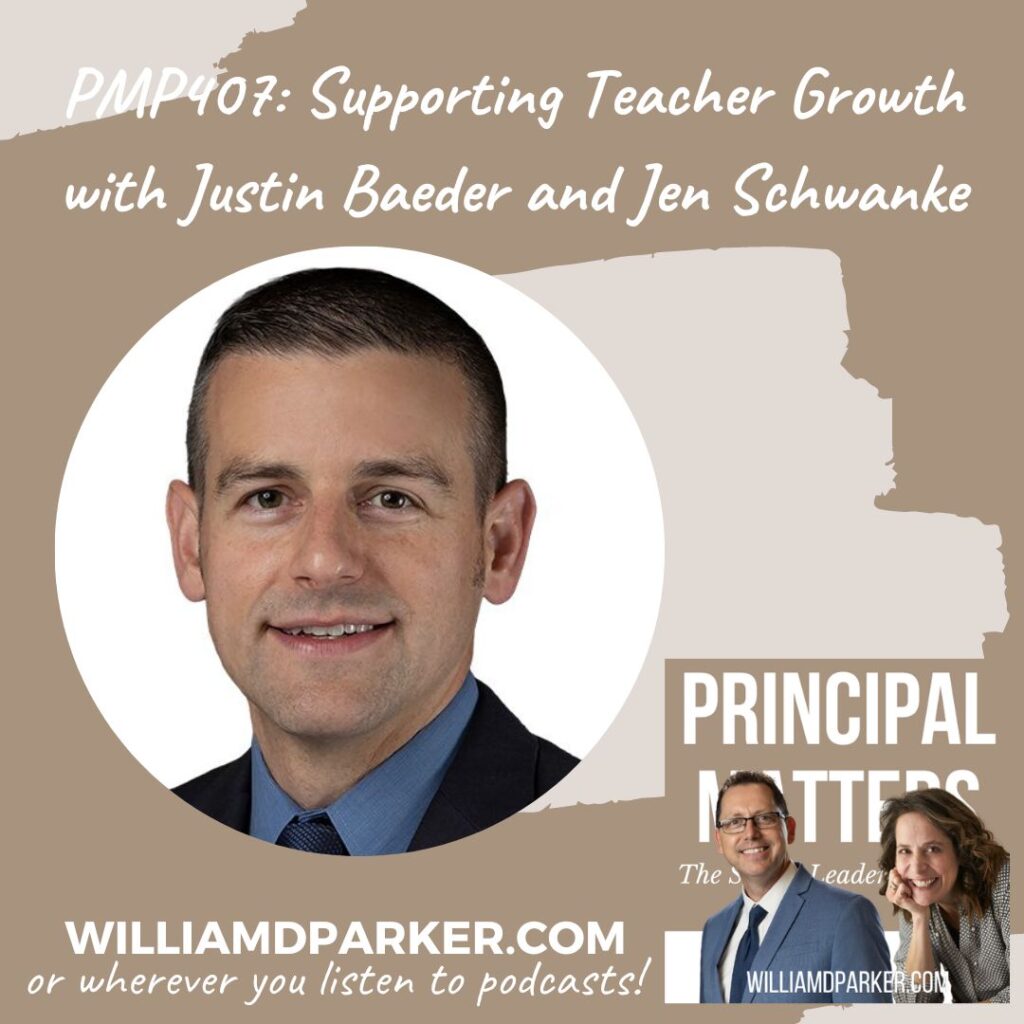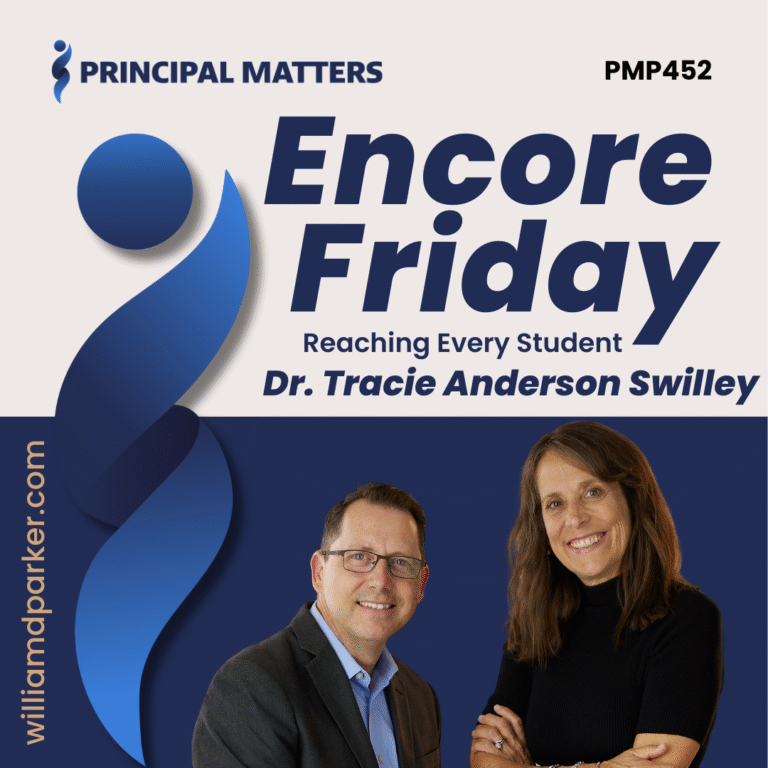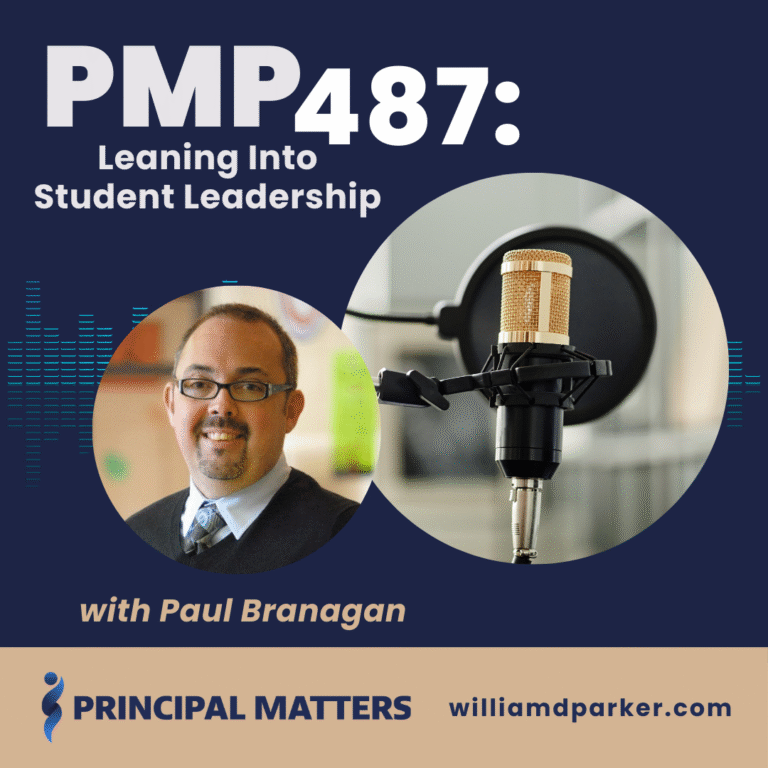Podcast: Play in new window | Download
This week Jen Schwanke hosts guest educator Justin Baeder, author and veteran instructional leader, and takeaways from his newest book Mapping Professional Practice: How to Develop Instructional Frameworks to Support Teacher Growth (2022), a book co-authored with Heather Bell-Williams.
Justin shares his practical takes on accountability and the careful dance of driving school improvement. Discover the practical applications you can use, and check out Justin’s amazing resources from the Principal Center.
Justin is also a repeat guest on the show. You can hear his 2017 interview on his first book Now We’re Talking! 21 Days to High-Performance Instructional Leadership (2017) here.
Thank you for listening and for doing what matters! – Will Parker

In this week’s podcast:
Dr. Jen Schwanke discusses leadership, instruction, and accountability with Dr. Justin Baeder. Baeder is the Director of The Principal Center, a comprehensive resource for principals. Baeder is also the author of two books: Now We’re Talking! 21 Days to High-Performance Instructional Leadership (2017) and Mapping Professional Practice: How to Develop Instructional Frameworks to Support Teacher Growth (2022), a book co-authored with Heather Bell-Williams.
Two areas of specific interest and expertise for Justin are classroom walkthroughs and instructional framing. In our conversation, he explains how classroom walkthroughs have transformative power— not necessarily because of the specific things that are seen during a walkthrough, but because they directly connect the principal to the teacher and student experience. Further, standardized evaluation frameworks have value, but only if we consider the parts of teaching that are not visible as a way to understand the true experience of being a teacher.
This same thinking is what drives Justin Baeder’s work with instructional framing. Comparing teaching to an iceberg, in which we only see a portion of the evidence and outcomes, Baeder encourages principals to look deeper to get to the rest of the iceberg. It can happen by following a process of developing instructional frameworks and articulating what the invisible dimensions of the practice should be.
Justin expands this thinking to the practice of peer observations. Having a teacher observe another teacher is meaningless unless everyone—the observing teacher, the teacher being observed, and the principal—all have an understanding of the depth of “invisible planning” that occurs to make a classroom exceptionally effective. Without this understanding, peer observation will not have a long-term impact. For that reason, principals who want to encourage peer observations should frontload the observer with specific “look-fors” or delve into the extensive planning work that structures a classroom’s routines.
As the episode wraps up, Jen asks Justin to share some of his thoughts about the word “accountability” and what it means in schools—specifically, the possibility that some schools have swung so far on the pendulum that they’ve lost some of the core effectiveness of teaching and learning. This episode provides an opportunity for our listeners to think about their own beliefs, their school environments, and where they want to prioritize their leadership.
Find out more about Dr. Justin Baeder here:
Instagram: @principalcenter
TikTok: @eduleadership
Twitter (X): @eduleadership
Email: justin@principalcenter.com




